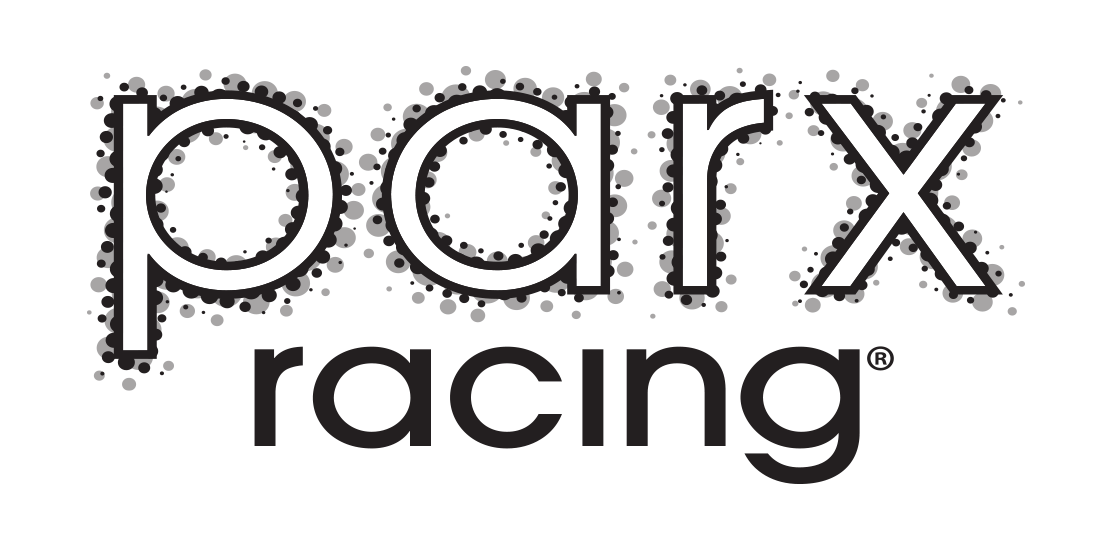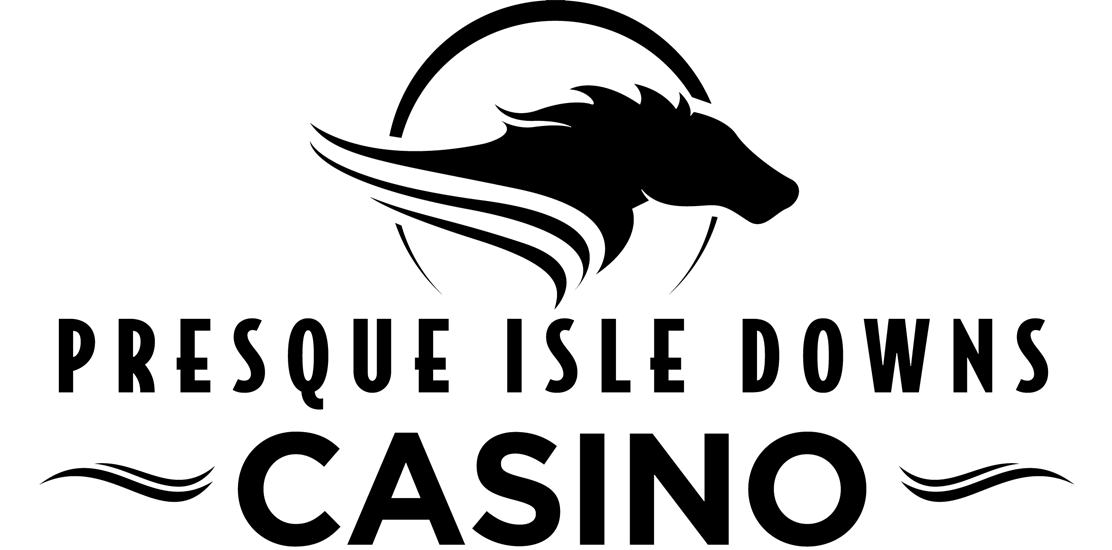
Discipline, determination, hard work, and competitiveness are personality traits necessary for a top athlete, and to be a jockey, add courage, strength, balance, lightning-quick reflexes, and a rapport with a thousand-pound animal. Some people think a racehorse does all the work and a jockey is just a passenger, but the truth is that both are top athletes working as a team.
Unique among athletes, a young jockey in his or her physical prime often competes in the same race against a savvy, well-known, experienced, yet decades older jockey, and unlike the flashy linebacker who only plays for several seasons, a jockey’s career often spans decades.
Numerous physical and mental challenges confront a jockey. “Horse racing is the only sport where an ambulance follows you around,” pointed out Joe Hampshire, retired jockey for over thirty years and currently a jockey agent for the leading rider at Parx Racing, Mychel Sanchez. Riding races is a dangerous business, but being a jockey is more than just riding a horse. Jockeys sell themselves every day to owners and trainers hoping to get mounts, and for most riders, keeping their weight down is a daily struggle. According to Hampshire, “riding is only one part of being a jockey. Your personality, the way you present yourself, your work ethic, and the way you cope with the ups and downs of racing are the secrets to success.”

In the 19th and early 20th centuries, the most prominent and famous jockeys were African Americans, but in the early 20th century, racism eventually drove them out when white jockeys desired the job of riding for wealthy horse owners. Today, Latin American jockeys dominate U.S. racing. Many are from Panama, Mexico, Dominican Republic, Puerto Rico, and Venezuela where jockey schools educate and prepare riders for a career in the racing industry. In poor and often crime infested areas of Latin America, the horse racing industry offers hope and opportunities for the disadvantaged.
Several options are available to young men and women pursuing a riding career. In the U.S., formal training at a jockey school is not required, but almost every other country requires their jockeys to attend jockey school. The U.K., France, South Africa, Japan, and Hong Kong offer comprehensive programs that teach riding and all aspects of horse racing along with educational courses to equip students with the skills necessary to succeed in their career.

Some of the world’s most famous and successful jockeys including Jorge Velasquez, Alex Solis, and Luis Saez grew up in Panama and attended the Lafitte Pincay Jr. Technical Jockey Training Academy. Opened in 1960 east of Panama City, aspiring jockeys enroll in a two-year program that teaches riding, equine care, barn management, and now includes high school classes in English, math, nutrition and healthy eating, and fitness. Latin American countries with similar schools include Venezuela, Puerto Rico, and Mexico.
The only jockey school in the United States is the North American Racing Academy which is affiliated with the Bluegrass Community and Technical College in Lexington, Kentucky. Founded in 2006 by a group of Kentucky horsemen and spearheaded by retired Hall of Fame jockey Chris McCarron, the school is modeled after the British Racing School and prepares students for careers in the equine field. “Requirements for the 10 to 12 slots available in the riding program include a series of physical tests like running a mile. We put potential students on a horse to observe they’re natural ability, and the weight limit for the riding program is 135 pounds,” explained Remi Bellocq, Executive Director Equine Programs for Bluegrass Community and Technical College. “The courses include riding, horse care, nutrition, fitness, and business classes leading to an associate degree in equine science. We also encourage internships and have partnered with farms and trainers across the country. We embrace all facets of the racing business, and our riding program is a pathway to riding the racehorse.”

Not all aspiring jockeys choose jockey school. Two of the leading jockeys at Parx prepared for their careers in different ways. The talented, record-setting jockey, Frankie Pennington grew up in Texas where his step-dad, a trainer, taught him to ride. He learned the racehorse business from the ground up and did it all including riding, grooming, training, and hot walking horses. He started his riding career at Thistledown race track in Ohio and later moved to the then Philadelphia Park, now Parx, where he marked his 2,500 win in 2020. During 2006, he set a record of 259 wins and won his first leading rider title at Philadelphia Park. “I think the hardest part of being a jockey is that you can’t win all the time. Jockeys are underrated athletes. We are under constant stress, and we compete in a dangerous sport,” remarked Pennington. The modest jockey set another record when he won the leading rider award in 2018 at Parx for the fifth year in a row.
The current 2020 leading rider at Parx, Mychel Sanchez grew up in Venezuela where he attended jockey school and was number one in his class. After moving to Parx, he partnered with agent Joe Hampshire, and the two are a winning combination. “Mychel’s a great kid. He’s a good listener, and he has a great attitude, and takes the ups and downs of racing in stride. He’s very mature and responsible for his age,” explained Joe Hampshire, himself winner of 18 leading riding titles at Suffolk Downs in Boston. In November 2020, Mychel tested positive for COVID 19, but felt fine and didn’t have symptoms. After quarantining, he’s back in the winner’s circle.
The glitz and glamour and big money of the Kentucky Derby or the Saratoga meet elude most jockeys. Very few make millions or ride in the Kentucky Derby and become household names. Unlike the multi-million dollar salaries of other professional athletes, typical jockeys ride five or six days a week in all kinds of weather from extreme heat to bitter cold, to pouring rain, and only earn from $35 – $100 per race. They may ride in six or seven races a card, and in Pennsylvania, a winning jockey receives 10% of the owner’s purse, and 2nd and 3rd place receive 5% of the owner’s purse.
For a jockey, discipline and self-sacrifice are constant. A jockey’s life is on the line each time he hears “riders up.”











